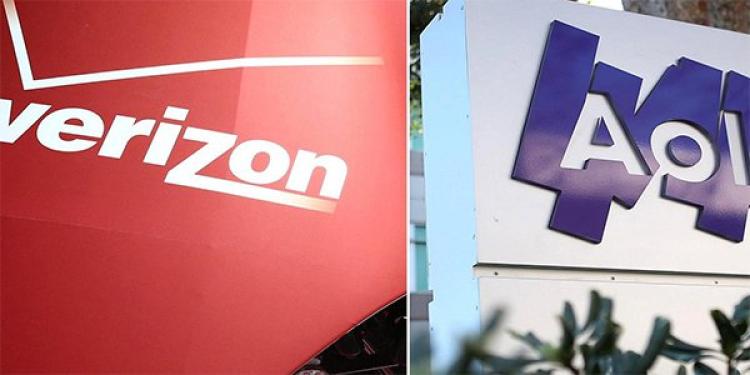Verizon Bought AOL to Pick Tim Armstrong’s Genius Brain
Posted: May 17, 2015
Updated: October 6, 2017

The Verizon deal shows just how good a leader CEO Tim Armstrong is.
Tim Armstrong became AOL’s CEO in 2009 and everybody thought he lost his mind. According to Forbes, the ex-President of Google’s Americas section had to immediately deal with the dire consequences of a failed merger. Time Warner was a part of the USD 154 billion deal, and the results were not what people expected them to be. As a result, stocks plunged to USD 11 a share. Instead of quickly cutting his losses and jumping ship, Armstrong bought USD 30 million worth of stocks. He also convinced Microsoft CEO Steve Ballmer to let AOL use Netscape browsers for free. He succeeded and stocks rose 40%.
• Verizon will buy AOL for USD 4.4 billion
• Tim Armstrong is the main reason for the deal
• The future lies in smartphone TV content
In 2010, Forbes reports that the site Bebo, previously bought by AOL for USD 850 million was sold for approximately USD 10 million. This was another predicament in a long line of troubles. Armstrong decided that AOL should buy Tech Crunch, a news blog that has been blowing up and Huffington Post, a site that is widely popular. As reported by Internet gambling sites in the US , the AOL CEO put Ariana Huffington in the place of his content chief, David Eun. As money flowed in from the acquired sites, he turned his attention to the world of advertising. Later on, this move in AOL’s life, proved to be one of the best decisions anyone had ever made within the company.
Armstrong’s hunch regarding online ads came true
Once Adap.tv was bought for USD 405 million, the ad-selling and creating business flourished for the company. Soon, a co-operation between three big companies, Microsoft, Yahoo and AOL, was formed and Google was presented with a rival. The next move was to come up with something that would make advertisers want to use AOL’s video ad service. What AOL offered was a guarantee that simplified the measurement of the size of ad campaigns. It worked. After that, AOL On Network was launched, hosting all of its own videos. By February, revenues sprouted. The company was still not in the black, but the numbers gave hope that good times are yet to come.

Armstrong’s genius plan and the growth of the company was probably the incentive of Verizon’s USD 4.4 billion decision. Programmed and foreseeable advertising is a clever feature and Verizon wants to be a part of it. Instead of investing into online Internet casinos and mobile betting sites, Armstrong decided that the future for AOL lies in video content. More specifically, Television content watched on our smartphones. He is aware that the already massive number of smartphone users is growing each day, and with Verizon’s resources, the two companies could emerge as fierce rivals of Facebook and Google.
AOL is not what it used to be
If we look more closely at the marriage of AOL and Verizon, it becomes obvious that Verizon did not buy AOL for its “good figures”: while Verizon boasts of a USD 127 billion revenue (with a USD 12 billion in profits,) AOL only has USD 2.5 billion in revenues to show for. This truly is a homage to Armstrong’s competence, isn’t it?
As John Stratton, Head of Operations at Verizon admitted to the Forbes, “Our principal interest was around the ad tech platform that Tim Armstrong and his team have done a really terrific job building.” This statement really shows Verizon’s true intentions: to hire Tim Armstrong.

Tim Armstrong commented, “Just as AOL has propelled The Huffington Post, Adap.tv, TechCrunch, and other companies we have acquired, Verizon will propel AOL and comes to the table with over 100 million mobile consumers, content deals with the likes of the NFL, and a meaningful strategy in mobile video.”
The aim is to establish a mobile ad platform. Combine Armstrong with Verizon’s resources, and we may just as well be witnessing the baby steps of an Internet giant. Maybe the next step for the two companies will be to come up with a hub for mobile casinos? Who knows? (I think Tim Armstrong already does…)












